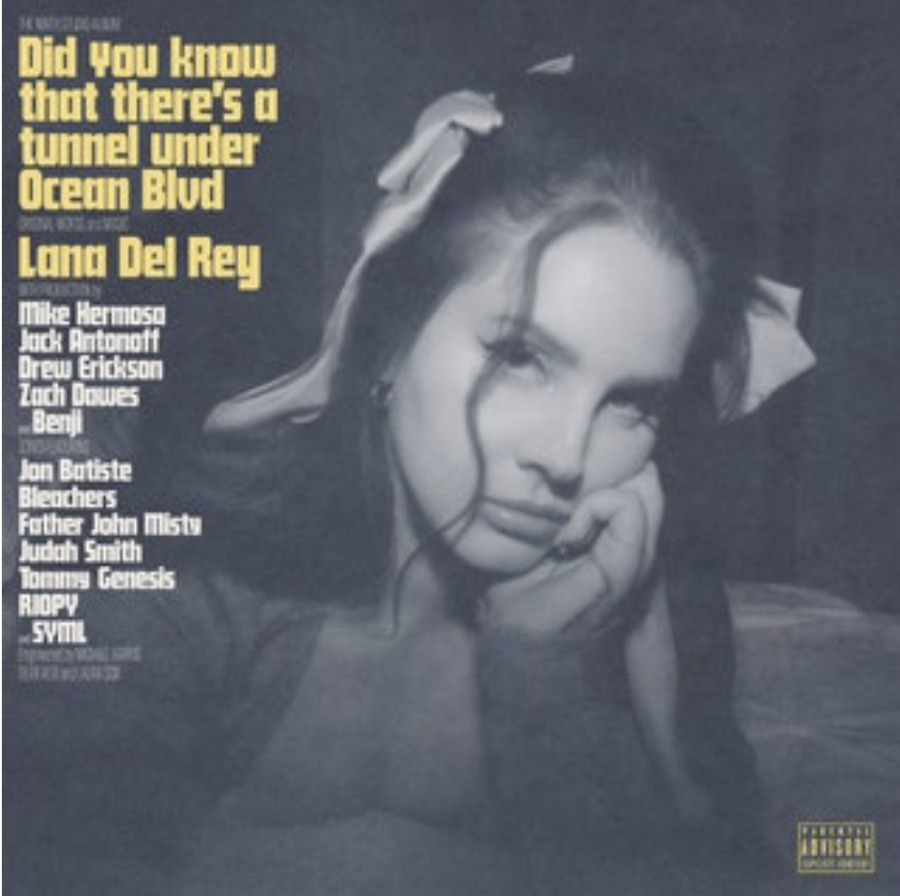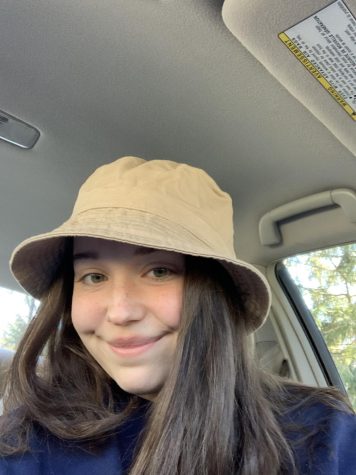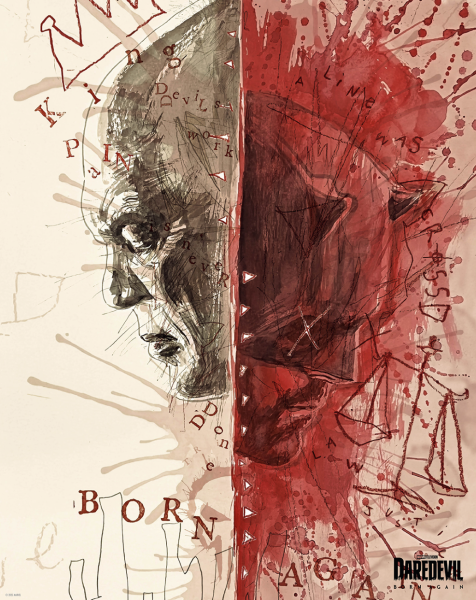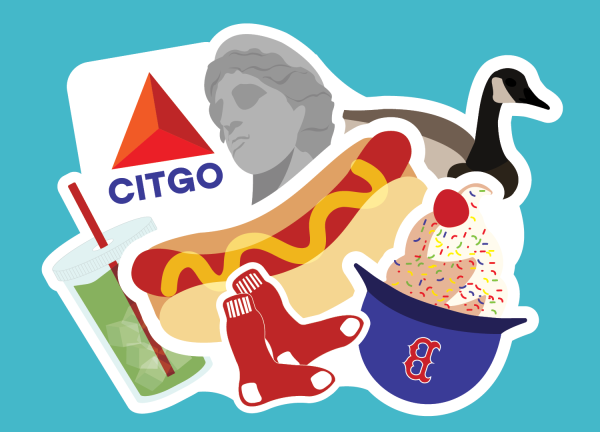Album Review: Lana Del Rey is at her best when she’s not being typical Lana Del Rey
Del Rey’s new album suggests that the artist is at her best when she stops trying to maintain the old Hollywood/sad girl persona and instead leans into being herself, whoever that may be.
April 2, 2023
Singer-songwriter Lana Del Rey, arguably one of the biggest influences on pop in the 2010s, released her ninth studio album, “Did You Know That There’s a Tunnel Under Ocean Blvd,” on Friday, March 24.
I’ve been a longtime casual fan of the controversial, yet influential singer since I first heard “Video Games” in 2012, mostly keeping my interest in her music private. I’ve recently begun to ignore the embarrassing reputation her music has for being associated with a type of femme fatale subculture online. I’ve started embracing that she makes interesting music with a sense of humanity that ultimately draws me in.
Simply put, her music is no longer a guilty pleasure for me. Del Rey’s new album suggests that the artist is at her best when she stops trying to maintain the old Hollywood/sad girl persona and instead leans into being herself, whoever that may be.
Family, mortality, and soul-searching are themes explored throughout the album’s 16 tracks—14 songs and 2 interludes–one of them a sermon from questionable mega-church pastor Judah Smith.
These themes are encapsulated in the touching opener “The Grants,” titled after her family surname. “My pastor told me, when you leave/ all you take is your memory/ and I’m gonna take mine of you with me,” she sings, exhibiting the complexities of her vocal abilities while speaking tenderly about her family.
As a casual fan, there are plenty of tracks that don’t interest me. Upon my fifth or so listen, there are only four tracks I really love, although the eleventh track “Grandfather please stand on the shoulders of my father while he’s deep-sea fishing” is currently growing on me.
There is an element of post-postmodernism to a lot of the tracks, full of references to her previous work and even some lyrics that seem to allude to her past controversies, like the remix of 2019’s “Venice B—-” on the last track, “Taco Truck x VB.” Much of this record feels like it was made from her diary and lands as only relevant to her, as she grapples with her family and her sense of self.
The title track, the second song on the album, is a strong spot, or perhaps I’ve had time to warm up to it since its release as a single in December. The lyrics read like a poignant poem about fearing loneliness and fading into obscurity, drawing parallels between the referenced tunnel under Ocean Boulevard and the singer herself. Within the song, Del Rey references that it was influenced by Harry Nilsson’s equally depressing 1974 song “Don’t Forget Me.”
The album’s second single “A&W”–not about the root beer brand, but an abbreviation for “American W—-”–dropped on Valentine’s Day. This seven-minute, two-part track produced by Jack Antonoff is another highlight, exploring heavy subject matter of sexual trauma, victim-blaming, and sex addiction. Fans might find it reminiscent of her 2019 song “Venice B—-.”
“Let the Light In,” featuring singer Father John Misty is the gem of this album, easily the best track. Its overall vibe recalls falling in love on a summer evening, around golden hour, the hot air heavy with languor after a fiercely sunny day. I have this one on repeat.
While not everything in this album will land with the listener, Lana Del Rey’s biggest strength remains her willingness to take creative risks. She may not always be right, but she is always interesting.









